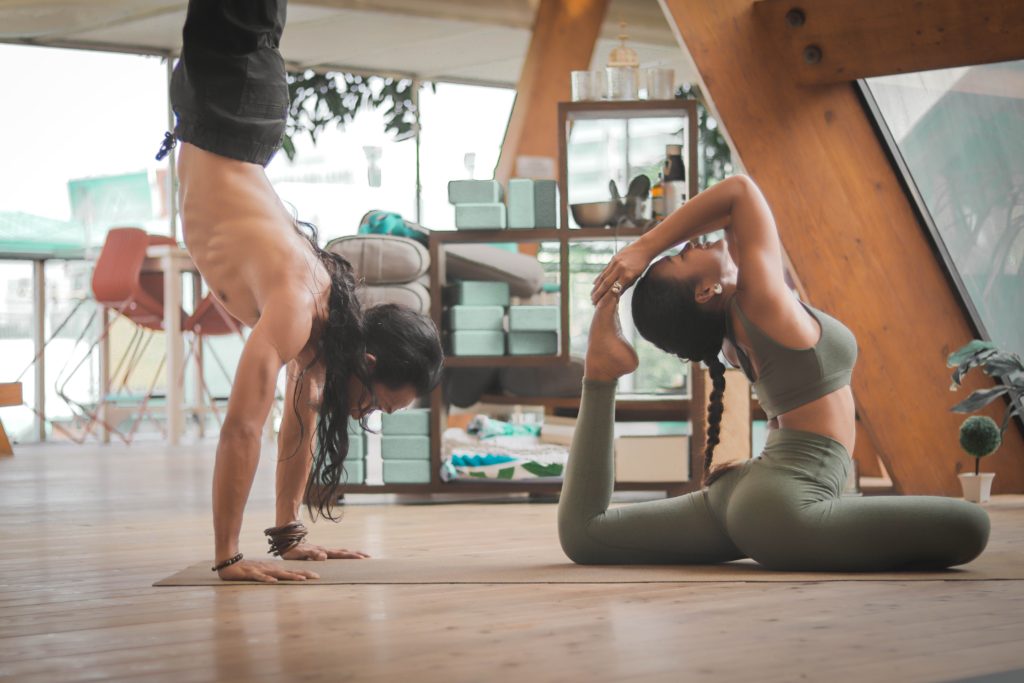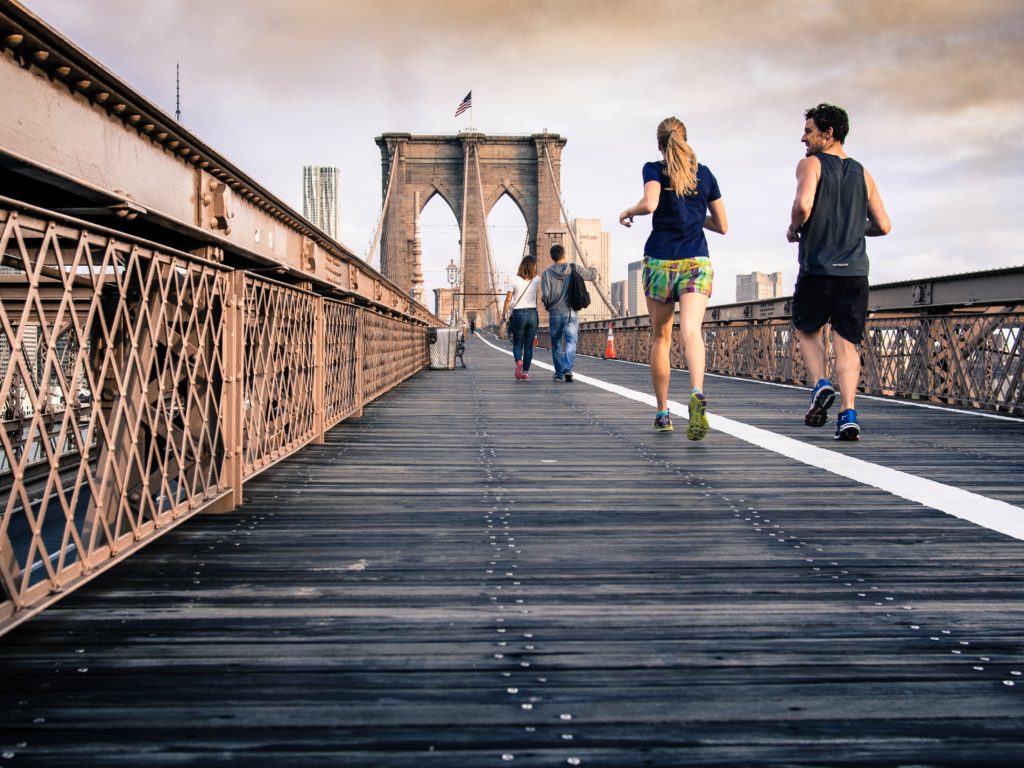When we are awake and not eating, we are most of the time suppose to be engaged in some sort of physical activity. In fact, our metabolism and physiology evolved so that our body can perform physical activity throughout the day, from morning to evening.
When we are active we use most of our muscles, which together constitutes 50% of our body weight. Most of your muscles are what we called ‘passive muscles’. They are under autonomic control and operate outside our consciousness. These include the cardiac muscles in the heart and the smooth muscles around our digestive tract.
All these muscles have a circadian rhythm. They are more efficient during the day than at night. Our gut muscles automatically contract and relax to cause gut motility to move digested food through the stomach and intestines. Gut motility increases during the daytime and slows down at night. Due to this nocturnal slowing of gut motility, when we eat late, food moves slowly down the digestive tract.
Our lungs and heart are both muscular structures that have circadian variations. We have higher heart and respiratory rates during the day and they slow down at night. Higher heart and respiratory rates during the day help districute oxygen and nutrients are the body including to our skeletal muscles during the day, readying us for physical activity.
At night, our skeletal muscles do not need the same levels of nutrients and oxygen as they do during the day, when we are more likely to use them. This may be one reason why heart rate and breathing slow down at night. This in turn helps the body cool down so that we sleep better.
Most muscles are activated when we do exercise or physical activity. It is well known that staying physically active has immense benefits on health. It is now understood that physical activity has some influence on our circadian clocks.
Some of the first research looking at the effects of exercise on circadian rhythm were done on mice that had free access to an exercise wheel. These mice voluntarily ran on the wheel every night. These experiments proved that exercising mice have a strong circadian clock. They sleep well when they are supposed to and are less tired when they are meant to stay awake. The effect of physical activity on sleep was independent of food intake, that has been found to have effects on circadian clocks, and hydration levels.
This mice research has prompted several human studies that have involved a range of participants from teenagers to older persons. Every study has come to the same conclusion: physical activity improves sleep.
Among teenagers, vigorous exercise not only improved time to fall asleep and the quality of their sleep but also mood during the day, increased concentration and reduced anxiety and depressive symptoms. In adults older than 50 years, moderate physical activity or even gentle stretching improves sleep onset, quality and duration, leading to a reduction in the use of sleep medication. Older adults with moderate physical activity have few episodes of tiredness during regular activities of daily living. When the timing of our sleep improves, our circadian rhthm improves.

What Counts As Physical Activity?
Any form of movement that expends energy is thought of as the physical activity of day to day living. Physical fitness is the ability to perform physical activity. Participating in sports is an enjoyable form of physical activity because it stimulates the mind as well as the body due to it being competitive and involves planning strategies.
General exercise is a form of physical activity that is planned and structured. Exercise is defined by frequency, duration and intensity. Gardening, moving heavy objects, walking, and doing physical chores also count as physical activity.
Enjoy!
Scott

